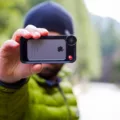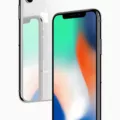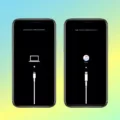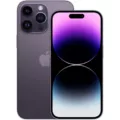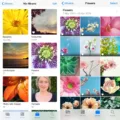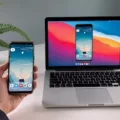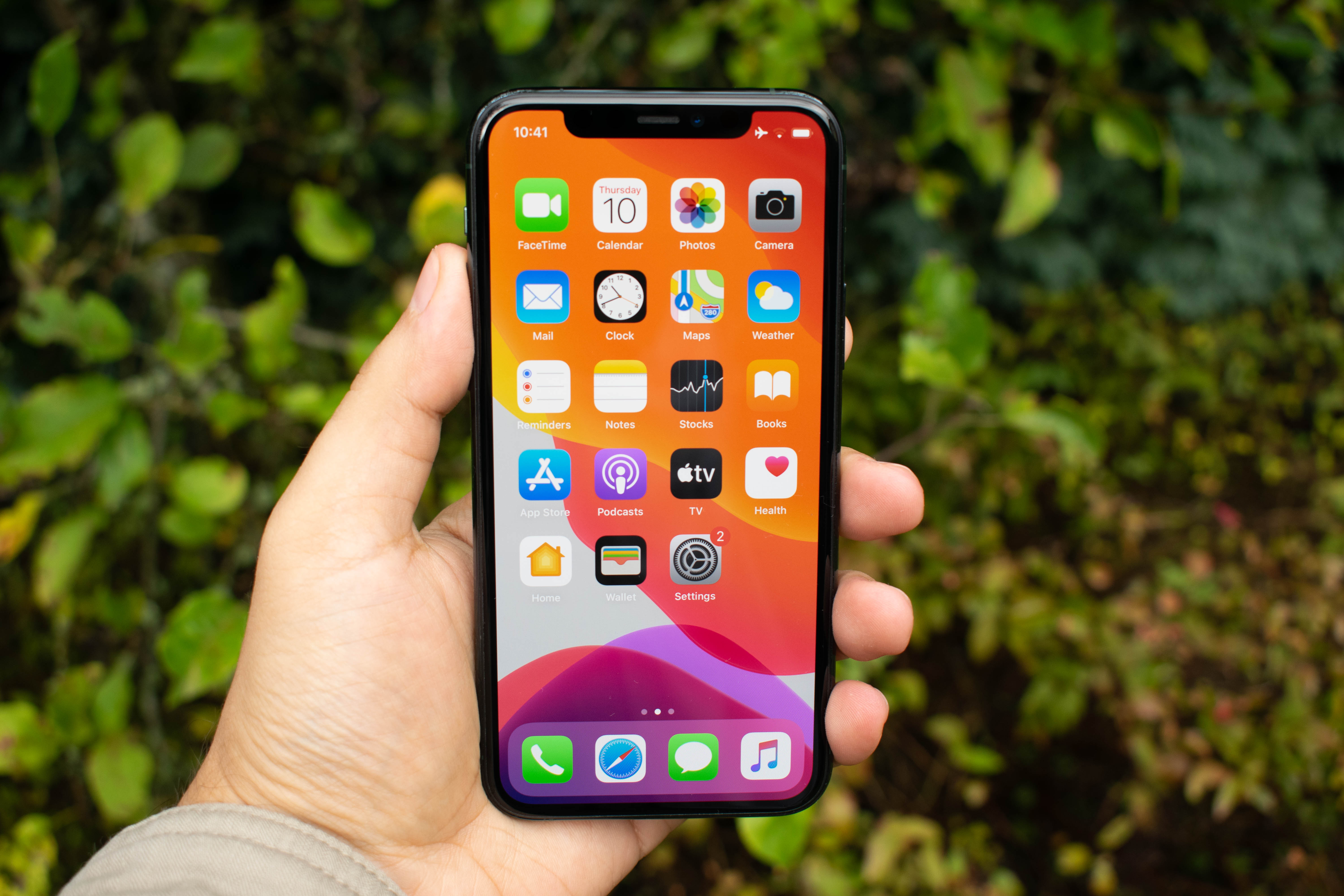The iPhone has become an essential device for many people, offering a wide range of features and capabilities. However, like any electronic device, it requires regular cleaning and maintenance to ensure optimal performance. One area that often gets overlooked is the speaker slot. Over time, dirt, dust, and other debris can accumulate in the speaker slot, affecting sound quality and making it harder to hear calls or enjoy media playback. In this article, we will discuss the dos and don’ts of cleaning your iPhone speaker slot to help you keep your device in top shape.
First and foremost, let’s talk about what not to do when cleaning your iPhone speakers. One common mistake is using rubbing alcohol or any kind of liquid to clean the speaker slot. While rubbing alcohol may evaporate quickly, it can still damage the delicate internal components of your iPhone. Liquids and electronics do not mix well, so it’s best to avoid using them altogether.
So, what should you do to clean your iPhone speaker slot? Fortunately, there are several safe and effective methods using household objects that can help you remove dirt and debris from the speaker slot. Here are a few options you can consider:
1. Soft-bristled toothbrush: A soft-bristled toothbrush is a handy tool for cleaning your iPhone speaker slot. Gently brush the slot in a circular motion to dislodge any dirt or dust. Be sure to use light pressure to avoid damaging the speakers or other components.
2. Compressed air: Another option is to use compressed air to blow away any debris from the speaker slot. You can find compressed air cans specifically designed for electronics at most electronics stores. Hold the can upright and use short bursts of air to clean the slot. Make sure to hold your iPhone at an angle to prevent the debris from being blown further into the device.
3. Sticky tape: If you have some sticky tape handy, you can use it to remove dirt and dust from the speaker slot. Simply fold a small piece of tape in half, sticky side out, and gently press it into the slot. Lift the tape and repeat until all the debris is removed.
It’s important to note that regardless of the cleaning method you choose, you should always exercise caution and be gentle when cleaning your iPhone speaker slot. Avoid applying excessive pressure or inserting objects that could damage the speakers or other internal components.
In addition to regular cleaning, there are also some preventive measures you can take to keep your iPhone speakers clean. For example, using a protective case with a built-in screen cover can help prevent dirt and debris from entering the speaker slot. Additionally, avoiding placing your iPhone in dusty or dirty environments can also minimize the amount of debris that accumulates in the speaker slot.
Cleaning your iPhone speaker slot is a simple yet important task that can help maintain the quality of your device’s sound output. Avoid using liquids such as rubbing alcohol and instead opt for safe and effective methods like using a soft-bristled toothbrush, compressed air, or sticky tape. By incorporating regular cleaning into your iPhone maintenance routine, you can ensure optimal sound quality and a better overall user experience.
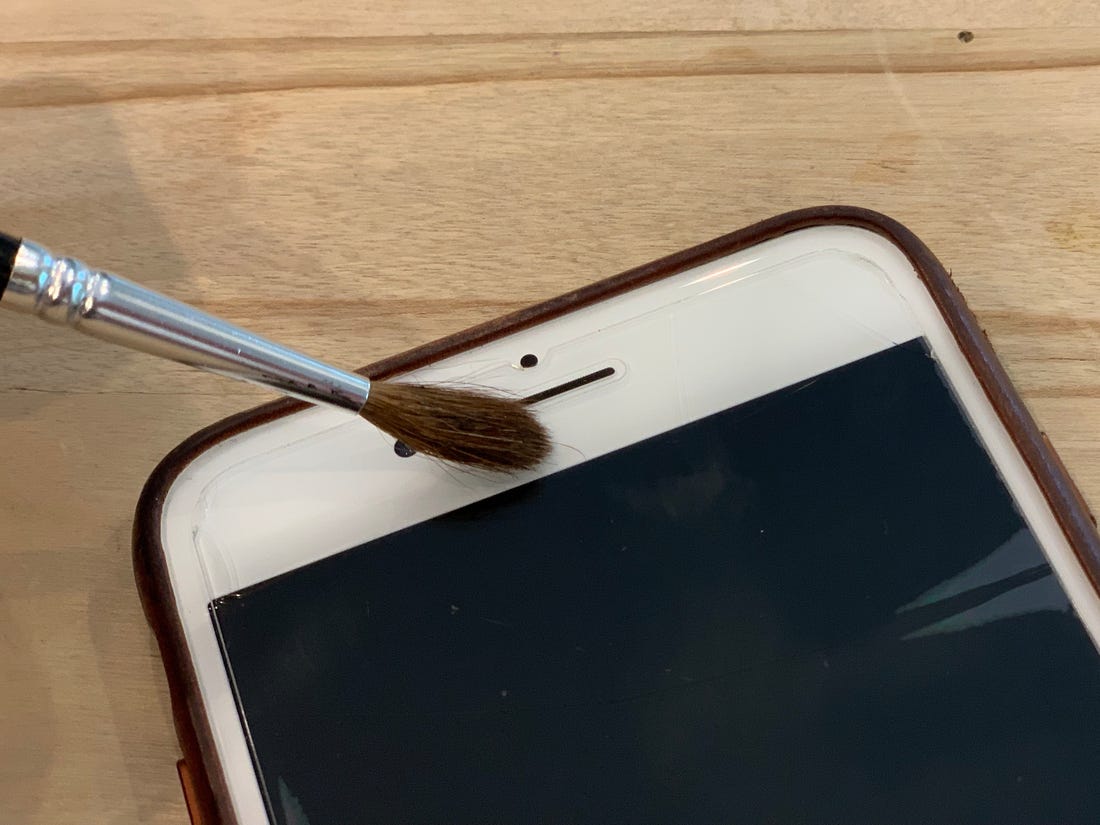
Does Rubbing Alcohol Clean iPhone Speakers?
Rubbing alcohol should not be used to clean iPhone speakers. Rubbing alcohol is a liquid and can damage the internal components of the iPhone if it comes into contact with them. It is important to avoid using any kind of liquid on your iPhone speakers to prevent any potential damage.
Why Are Your iPhone Speakers Clogged?
IPhone speakers can become clogged due to various factors. Here are some reasons why this may happen:
1. Accumulation of dirt and dust: Over time, dirt and dust particles in the environment can settle on the speaker grills of your iPhone. These particles can enter through the small openings and gradually build up, leading to speaker blockage.
2. Dead skin cells and oils: When you use your iPhone regularly, the natural oils and dead skin cells from your hands can transfer onto the device. These substances can accumulate on the speaker grills and eventually cause clogging.
3. Pocket lint and debris: If you carry your iPhone in your pocket or bag without any protective cover, lint and small debris can find their way into the speaker openings. This can happen particularly if you keep your iPhone in the same pocket as other items like keys or loose change.
4. Environmental factors: Using your iPhone in dusty or dirty environments, such as construction sites or outdoors, can increase the likelihood of speaker clogging. Similarly, using your iPhone in humid environments may cause moisture to accumulate, potentially leading to blockage.
5. Improper cleaning methods: Some people may inadvertently push debris further into the speaker grills while trying to clean their iPhone speakers. This can worsen the clogging issue.
It is important to note that speaker clogging can occur regardless of how careful you are with your iPhone. Regular cleaning and maintenance can help prevent or alleviate this problem.
Conclusion
Keeping your iPhone speakers clean is essential for maintaining optimal sound quality and clear communication during phone calls. While it is important to clean the speakers regularly, it is equally important to avoid using certain substances that can potentially damage the device. Rubbing alcohol and other liquids should never be used to clean the speakers, as they can seep into the internal components and cause irreversible damage. Instead, opt for safer and effective methods using household objects. By gently removing dirt, dust, and other debris from the speakers, you can ensure that your iPhone continues to provide a superior audio experience. Remember to be cautious and avoid excessive force while cleaning, as this can also lead to damage. By following these guidelines, you can maintain the longevity and performance of your iPhone speakers, resulting in enhanced audio and a more enjoyable user experience.

